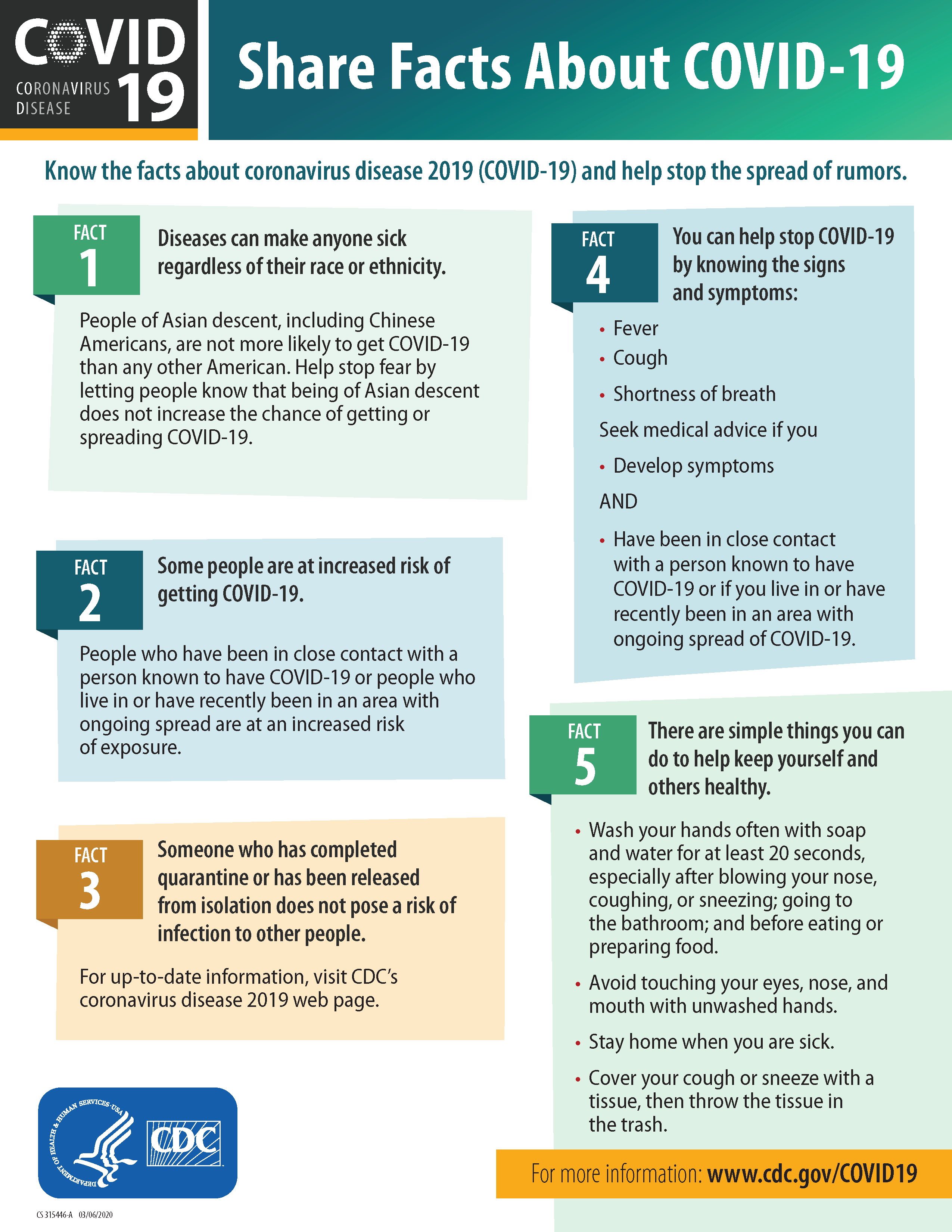The systemic discrimination facing Black women and men in the United States is nothing new but with the recent Black Lives Matter movement, these issues have come into the spotlight. Unfortunately, the specific ways they affect Black women in the healthcare space is still not widely understood or even discussed by many.
Here, we will unpack some of the statistics around the lack of healthcare access for Black women, specifically when it comes to OBGYN care, and what we can do to combat this issue.
Important Statistics on Healthcare Access for Black Women
- Only 5.7% of physicians are Black.
- Black neighborhoods are 67% more likely to not have a local primary care physician, which results in a severe lack of access to healthcare and health technology.
- Births and pregnancy are much more devastating to Black women as they are three to four times more likely to die from pregnancy complications and are also more likely to suffer from a severe disability from childbirth.
- Unfortunately, while more than 20% of Black women (higher than the 12% of white women) suffer infertility, only about eight percent will receive treatment.
- Many health issues impact Black women much more severely. One example of this is uterine fibroids, which impact one quarter of Black women versus just 7% of white women.
How Do We Address This Issue?
If you’re as alarmed as we are by those statistics and the lack of support for Black women in healthcare, here are some ways you can help:
- Educate Yourself: Continue the fight for equality by educating yourself on issues like this. Become aware of statistics, read the stories of Black women in these situations, and recognize that this will be an ongoing process of self-education.
- Support Organizations: There are several organizations out there trying their best to help resolve the issues described above. One great example is the Black Women’s Health Imperative, whose mission it is to “lead the effort to solve the most pressing health issues that affect Black women and girls in the U.S. Through investments in evidence-based strategies, we deliver bold new programs and advocate health-promoting policies.” Read more about the health inequalities on Black women, sign petitions, and donate straight to these organizations that are making a strong impact
At Avant Gynecology, we pride ourselves on being a safe space for all women. Schedule an appointment with one of our women’s health experts by clicking here or by giving us a call at 404-352-2850.

